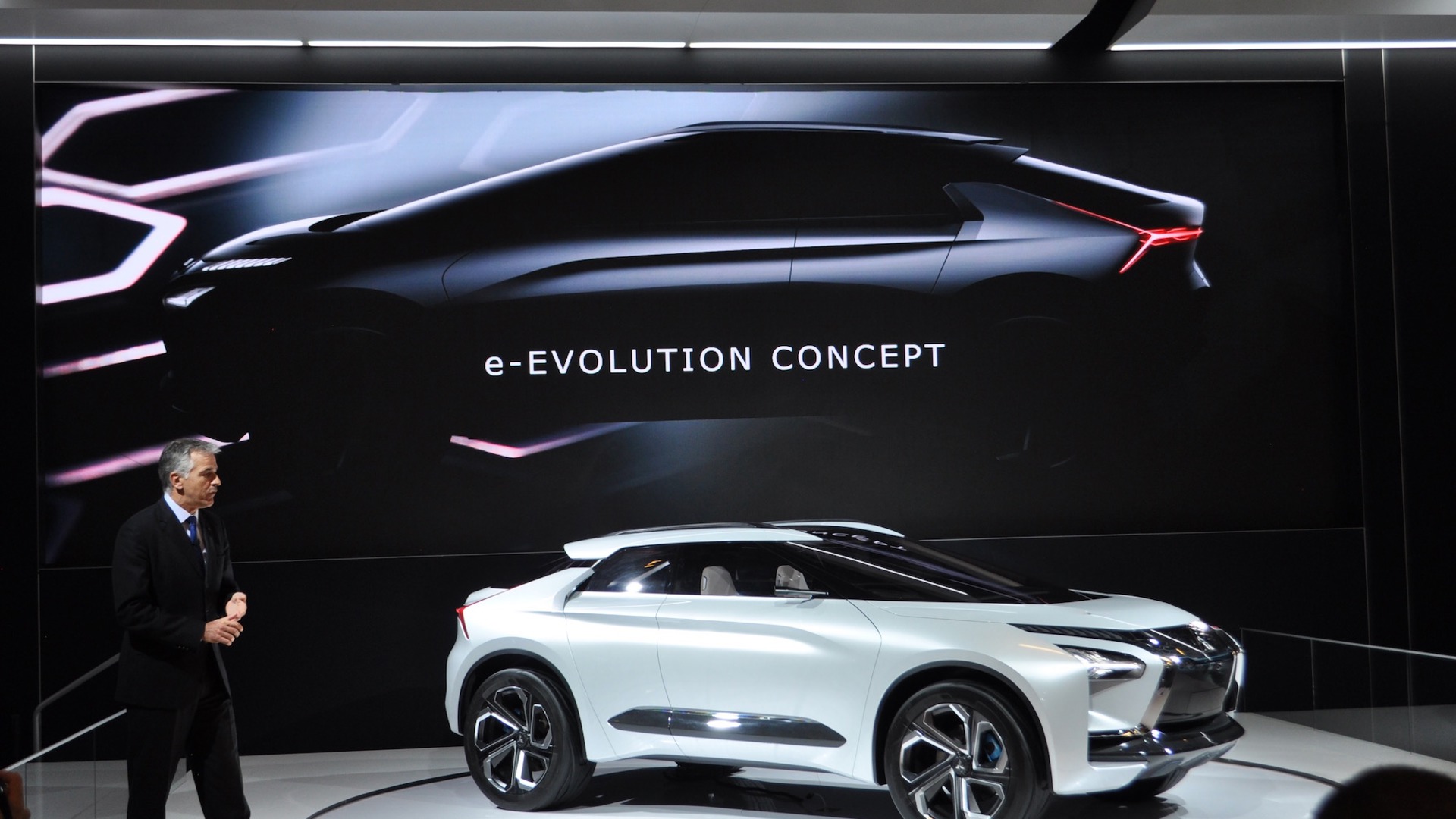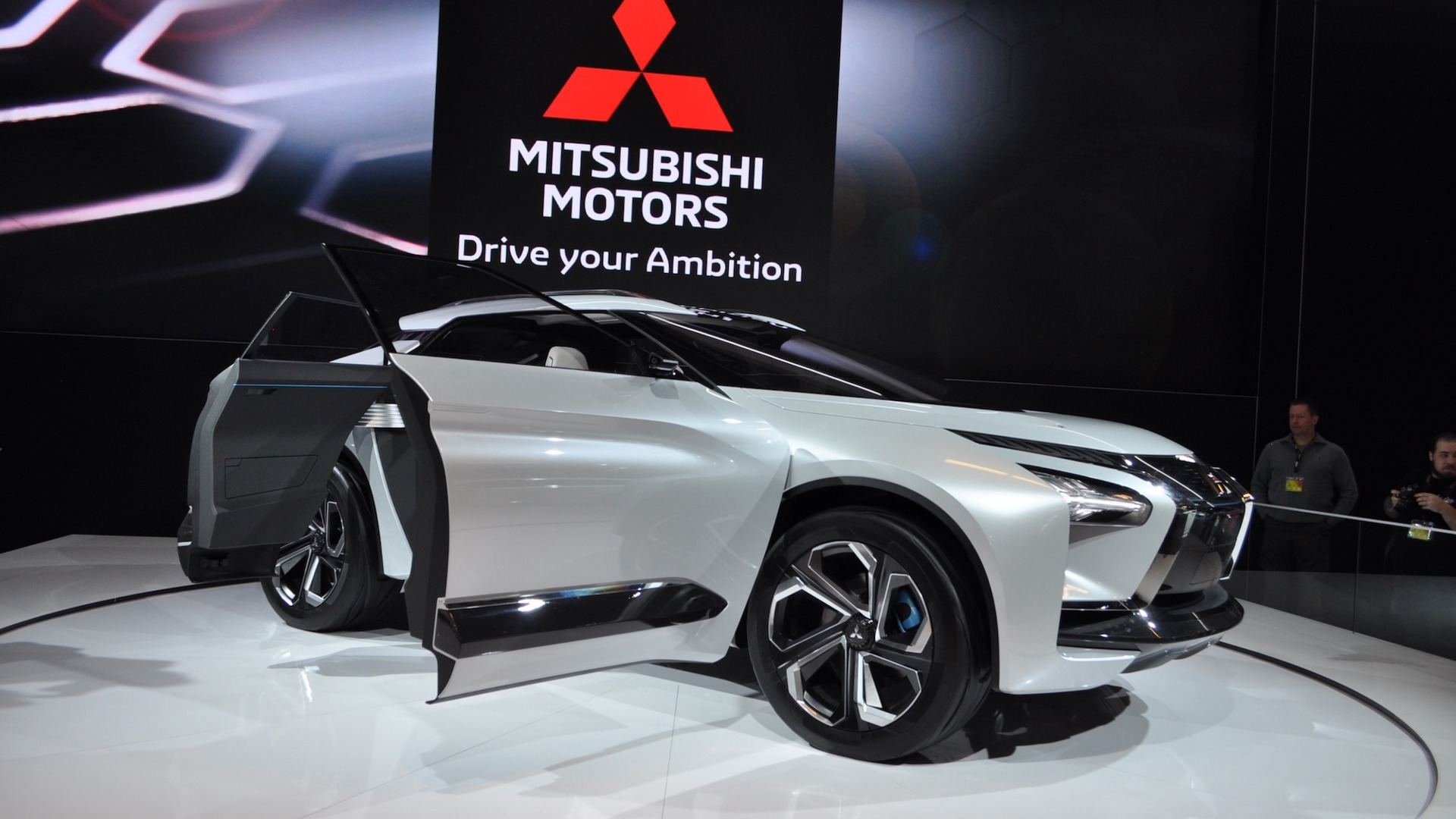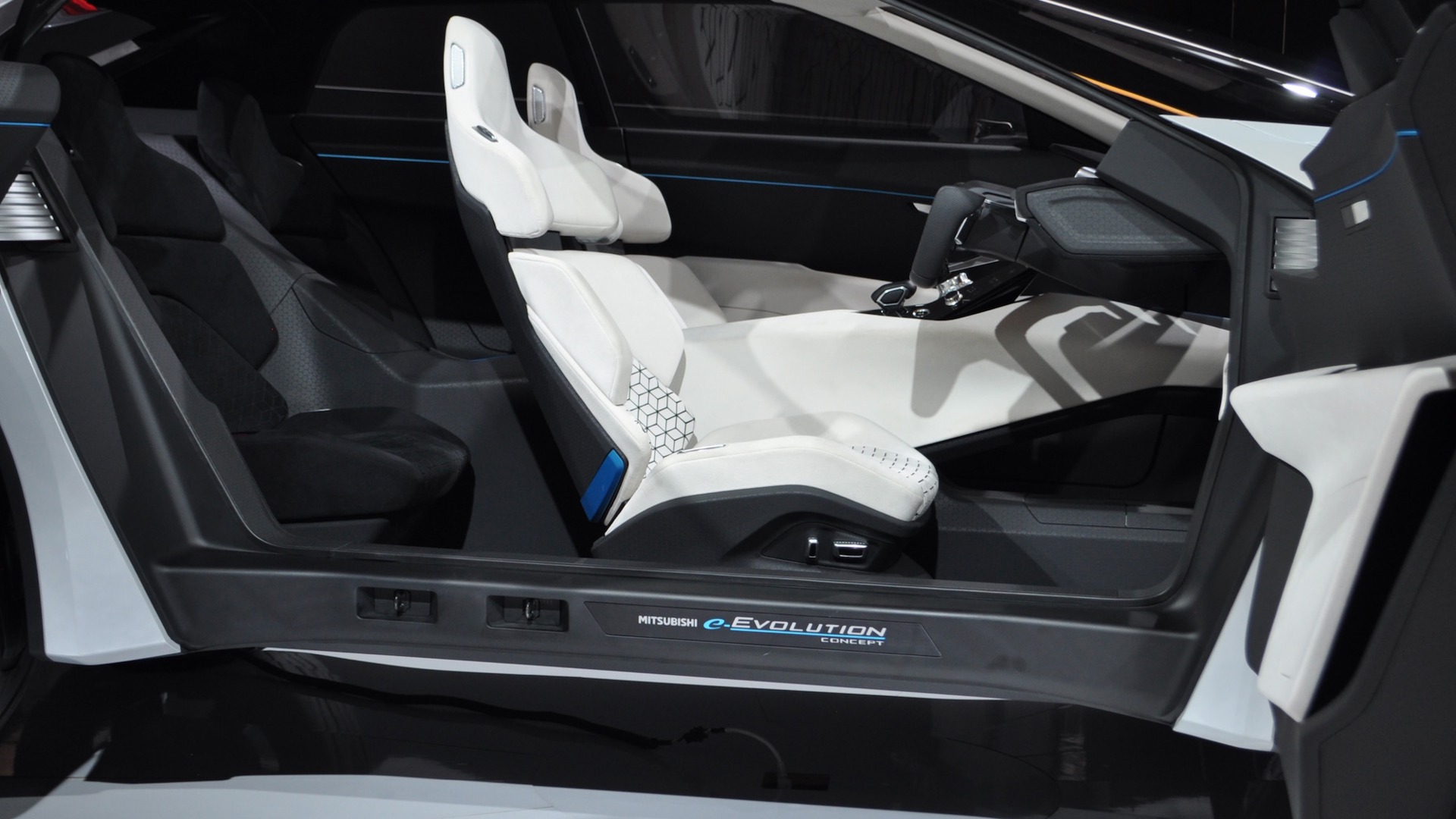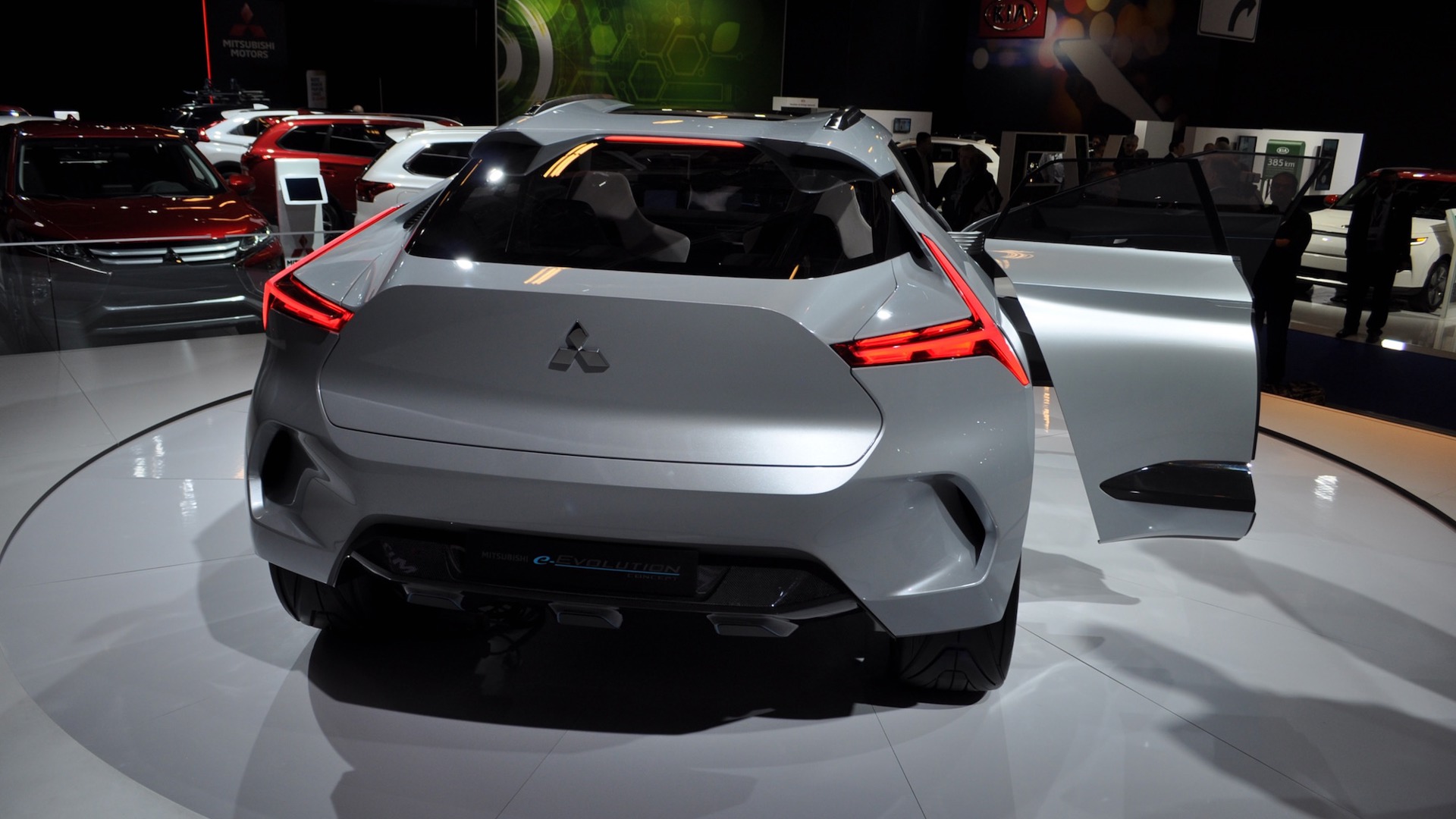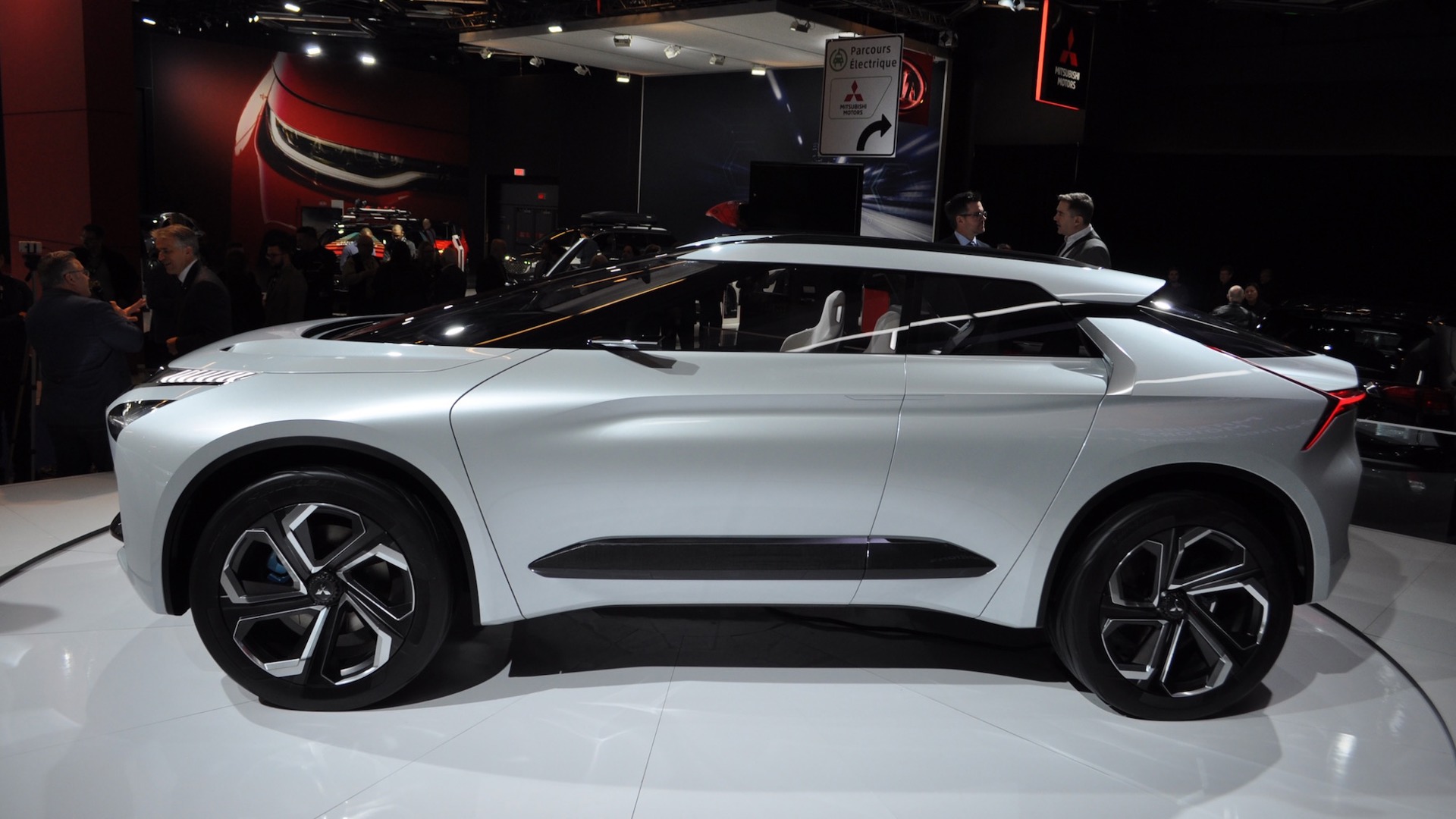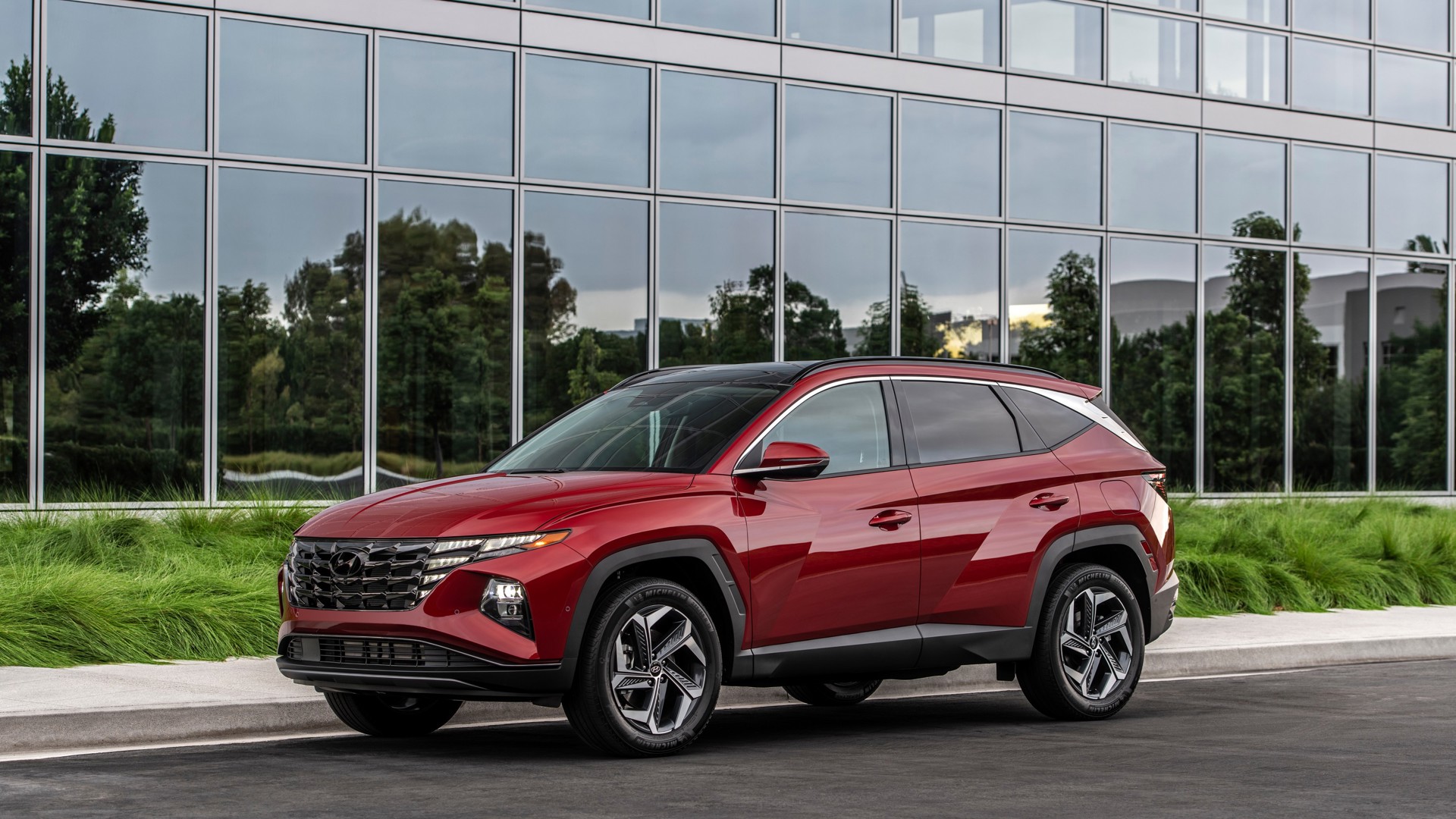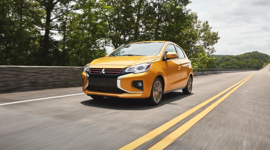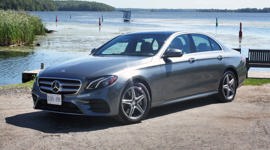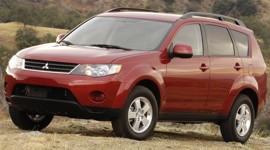Montreal, QC – Bringing in a high-ranking Mitsubishi executive from Japan to the Montreal auto show is a rarity for Mitsubishi Canada, given that the company is outside the top 10 of its global markets, and roughly only two percent of its global sales overall. But after selling more Outlander PHEVs in Canada than the massive US market in 2018, and with almost half of those sales coming in the province of Quebec, that raised some eyebrows on the other side of the world – enough to have the corporate travel card whipped out to show some executive appreciation and love to Canada in general, and the Quebec market in particular.
Enter Vincent Cobee, Mitsubishi’s French-born product planning chief, a role which encompasses overseeing Mitsubishi’s global marketing, electrification and connectivity strategies from his Tokyo office. An engineer by trade, Cobee says that Mitsubishi is on its way to redefining itself as an SUV company, one that’s becoming more advanced and more electric, to the point where it plans to offer electrified versions of every vehicle in its lineup – which may mean plug-in versions, either fully electric, or plug-in hybrid vehicles like its popular Outlander PHEV, or it may mean hybrid systems, he said in an interview on the floor of the Montreal auto show.
“The timeline there is in the next five to seven years,” he said, and not all models will be available in all markets.
To showcase the design direction future Mitsubishi vehicles will take, the company brought its e-Evolution concept, a slick-looking vision of what a sporty SUV from the company could look like, which made its Canadian debut in Montreal. But the company stressed that this particularly futuristic model won’t be in showrooms anytime soon, just that it planned to showcase the importance placed on versatility, electrification, all-wheel drive and even artificial intelligence, in the form of various advanced technologies planned for future models.
In Canada, over 80 percent of Mitsubishi’s sales in 2018 were SUVs, after it dropped its compact Lancer sedan and hatchback. And though Mitsubishi Canada is still a relatively small player in Canada, with roughly 25,000 vehicle sales last year, over 5,000 of those were Outlander PHEVs. That means roughly one in five sales in Canada last year were plug-in models for the company, giving the Japanese company a much higher proportion of plug-in vehicle sales than any other mainstream auto company, outside of Tesla, which only sells 100 percent battery-electric vehicles.
“It shows that there is an openness to adopt new technologies there,” said Cobee, when asked why so many more sales in Canada than in the US. “It could be an interesting test area for North America (product),” he said, though he conceded that the economics of bringing a vehicle to Canada and not to the US are still very difficult.
Cobee says Mitsubishi can’t depend on government incentives to help subsidize its plug-in vehicles over the long term, and even though China and Europe are leading the global march towards more electrified vehicles, even they plan to phase out the majority of government incentives in the next few years: by the end of 2020 and 2021 respectively, said Cobee.
“In China, they have declared no incentives after 2020, though whether that changes, we don’t know,” he clarified, though he did see certain incentives remaining for advanced BEV technologies or certain battery density targets.
Mitsubishi Motors Canada president Tony Laframboise says that closer to home, though it realizes that sales of its Outlander PHEV dipped after the end of provincial electric vehicle rebates in Ontario in September, he also believes that there will be an increased education aspect to selling the vehicle in Canada’s most populous province, even if it involves offering similar rebates to the $2,500 available to Outlander PHEV buyers in BC.
“From my own personal calculation I saved $3,000 a year driving the Outlander PHEV (with a Level 2 charger at home and at the office), and over three years that’s $9,000 worth of difference,” he said in Montreal. “And that’s part of our job is to showcase to customers why it’s worth that extra cost.”
